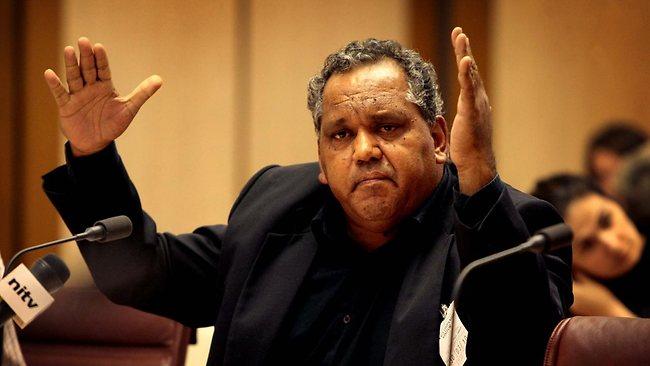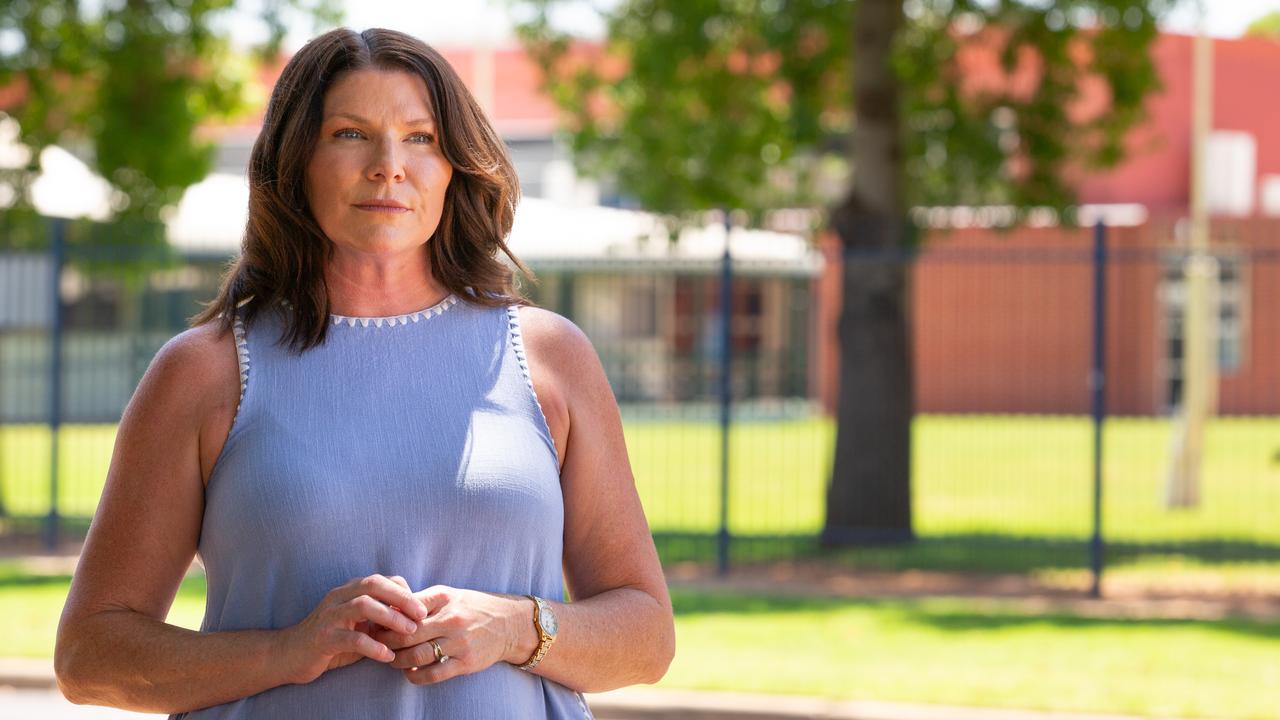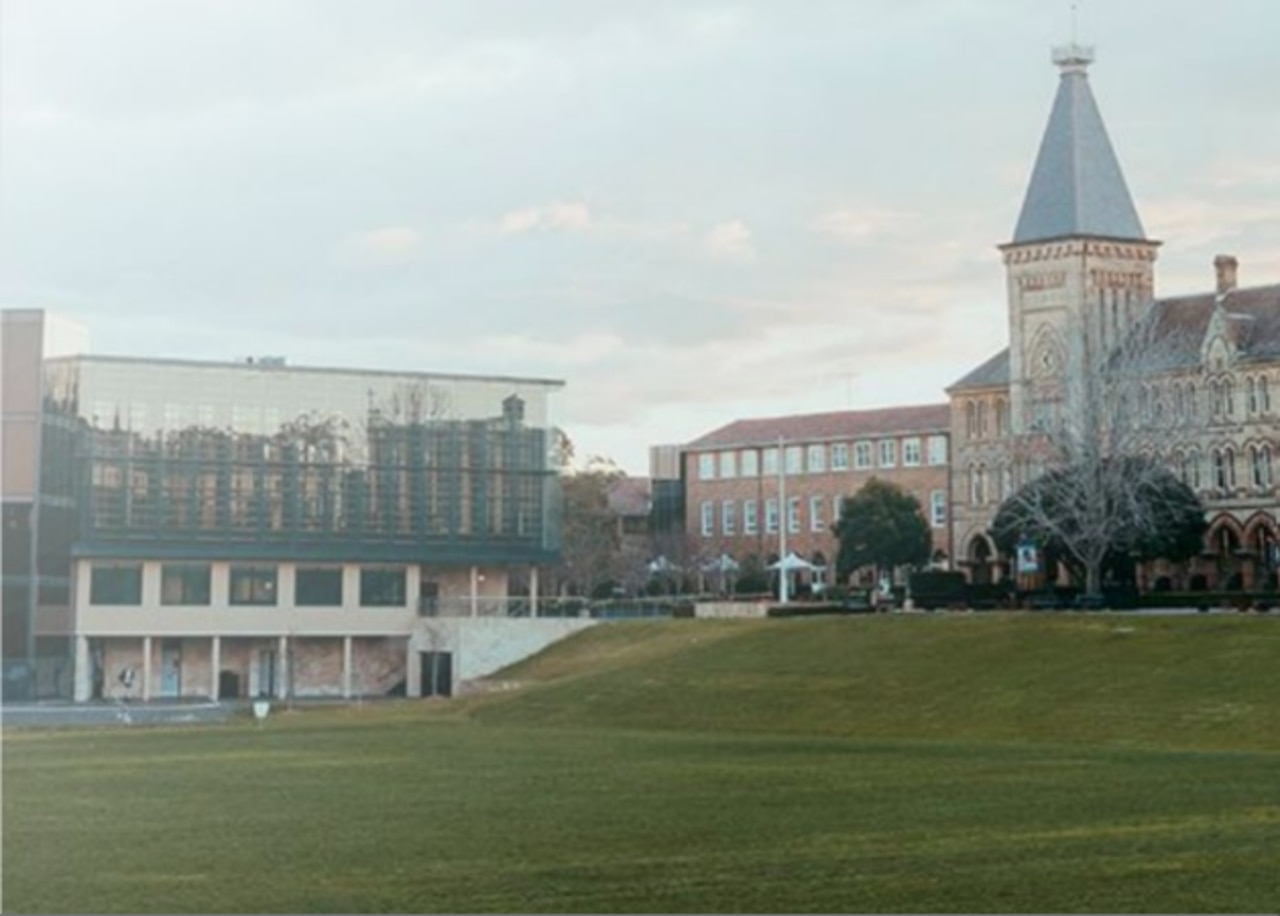Noel Pearson's Cape schools lose funding
THE future of Noel Pearson's education experiment in Cape York is uncertain, after it lost federal government funding beyond this year.

THE future of Noel Pearson's education experiment in Cape York is uncertain, after it lost federal government funding beyond this year following disappointing results in the national literacy and numeracy tests.
The Queensland government has extended the trial for one year, but will not commit to the project beyond 2013 until it can assess an evaluation report due early next year.
Test results obtained by The Weekend Australian for the schools run by the Cape York Aboriginal Australian Academy show little improvement in two schools in the proportion of students meeting national minimum standards in literacy and numeracy.
In some categories and some years, the percentage fell over the past two or three years.
The only school to show dramatic improvement in the past five years is at Coen, a school of only about 50 students, where 100 per cent of students met the minimum standard in 10 of the 15 areas.
Mr Pearson said yesterday he was "absolutely not" disappointed by the NAPLAN (National Assessment Program - Literacy and Numeracy) results and remained confident about students' progress under the academy's approach.
"At this stage, we're not placing a great deal of emphasis on NAPLAN," he told The Weekend Australian.
"We do no preparation for NAPLAN even though we've been advised to do it by the department and others. I think that we should be held to account for that in the fourth and fifth years (of a school's operation)."
Mr Pearson said Coen was the initial trial site where much of the preliminary work for his education reforms had been implemented since about 2004, including tackling attendance, readiness for school and parental engagement. "I'm pleased with the progress at Coen and it's the indicator of the future," he said. "Coen pioneered the approach and the fruit that is yielding in Coen is from seeds planted six, seven or eight years ago."
Mr Pearson said that when the academy took over Aurukun almost all the students were reading at the level of kindergarten and it vied for the title of the worst school in the state. "Our best functioning school now of the three is Aurukun," he said. "It's a school I would be prepared to send my own children to and be confident that as long as they're attending regularly they will get a good education.
"Its challenge was the steepest. We can't expect we're going to start showing spectacular NAPLAN results."
The academy received $7.7 million from the federal and Queensland governments in 2010 for a new approach to indigenous schooling that integrates teaching of traditional culture with the mainstream curriculum in a three-strand program called Class, Culture and Club.
Culture teaches indigenous culture and languages, Club teaches sport, art and music and Class focuses on literacy, numeracy and science taught using a very structured program developed in the US called Direct Instruction that promises immediate improvement in students skills.
At Aurukun, only 30 per cent of Year 3 students met the standard in reading compared with about 70 per cent in the past two years and 14 per cent in 2008. Only 15 per cent met the numeracy standard. Among Year 5 students, only 18 per cent met the standard in reading and no student met the numeracy standard.
At Hope Vale in 2010, about 90 per cent of students were reaching the standard in reading and numeracy in years 3 and 5, but this fell to about 25 per cent of Year 5 students in reading and numeracy and Year 3 reading, and 43 per cent of Year 3 students in numeracy. Given that students in Year 3 this year have had the benefit of Direct Instruction for more than two years by the time they sat NAPLAN it was hoped they would start at a higher level than previous years.
Queensland Education Minister John-Paul Langbroek said he had expected the school's results to show more improvement, but would await an evaluation report being prepared by Geoff Masters from the Australian Council for Educational Research by March before making a decision.
Mr Langbroek said the government had extended funding for the entire year to give schools certainty, at a cost of about $2m from leftover funds in the trial.
"Anecdotally, these schools are much better than they used to be, but I'm science-based and I don't want to go on anecdotal evidence," he said. "My motivation is just to make sure we get better outcomes and, of course, it means doing these sorts of things - we've got to try diverse things."
A spokeswoman for School Education Minister Peter Garrett confirmed the commonwealth funding agreement expired at the end of the year "and has not been renewed".
A senior federal government source said Direct Instruction had been championed and imported into the Cape school with the "very clear and strong assumption that results will be automatically improved".
"This has shown to be wrong and raises questions about the deployment of that method in these schools," the source said.


